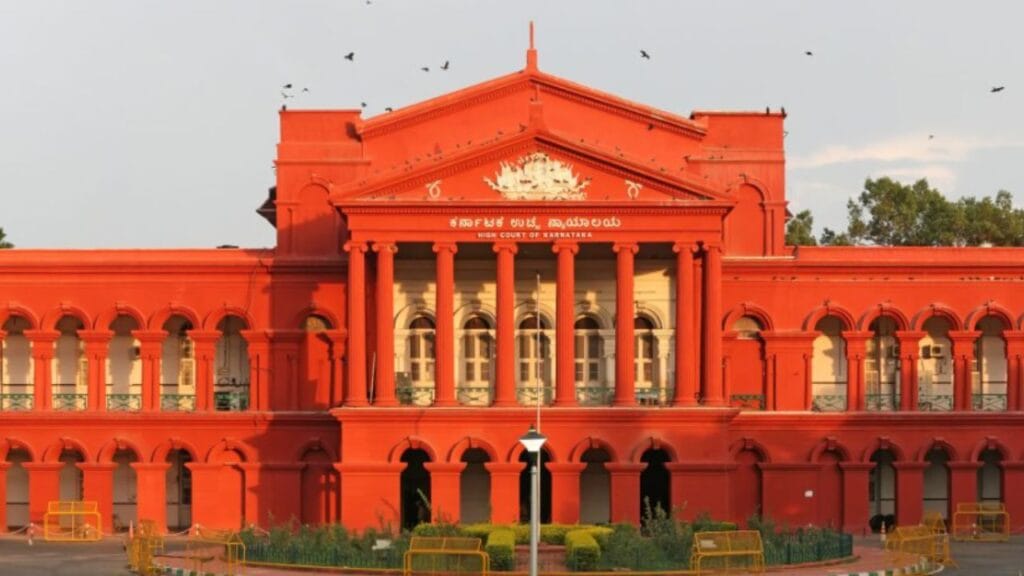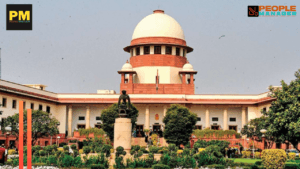Disputes regarding Absorption or Regularization Can Only be Done by Union on Behalf of Workman: Karnataka high Court
The Court had to ascertain whether a workman seeking regularization could raise an industrial dispute as defined under Section 2(k) of the Industrial Disputes Act, 1947, or not.

Disputes regarding Absorption or Regularization Can Only be Done by Union on Behalf of Workman: Karnataka High Court.
In the Cause of the Management of M/S. Tata Advanced System Limited v/s. The Secretary to the Department of Labour & Ors.
The Karnataka High Court held that if a workman wants to raise a dispute regarding absorption and regularization, it can only be done by a union, which can raise a dispute on behalf of the workman.
The employee was referred to the Industrial Tribunal for adjudication regarding the regularization or permanence of his job with Adecco India Private Limited. Section 10(1) of the Industrial Disputes Act, 1947 (ID Act) authorizes the appropriate government to refer the industrial dispute to a tribunal or the Labour Court.
The Court had to ascertain whether a workman seeking regularization could raise an industrial dispute as defined under Section 2(k) of the Industrial Disputes Act, 1947, or not.
A Single Bench of Justice K.S. Hemalekha observed, “The proposition is well settled and no more res integral that an individual workman can raise a dispute; it can only be for removal, termination, or dismissal, and if the workman wants to raise a dispute with regard to absorption and regularization, that can only be done by a union, which can raise a dispute on behalf of the workman.”
Advocate Prashanth B.K. represented the petitioner, while HCGP Rashmi Patel appeared for the respondents.
Section 2A of the ID Act was added after an amendment to make an individual dispute of a workman an industrial dispute if the dispute was related to dismissal, discharge, retrenchment, or termination.
Thus, Section 2A carves an exception to the definition of individual dispute as given in Section 2(k) of the ID Act. The Court explained that in order to give jurisdiction to the appropriate government to refer the dispute to the Tribunal or Labour Court, it would be essential for a workman to prove that their dispute for regularization was sponsored or espoused by the union of the workmen.
The Court held that an individual worker can raise a dispute only in cases of removal, termination, or dismissal. However, if the workman wants to raise a dispute regarding absorption and regularization, such disputes must be raised by a union on behalf of the workman.
Accordingly, the High Court allowed the writ petition.
Value our content… contribute towards our growth. Even a small contribution per month would be of great help to us. Since our establishment, we have been serving the industry through daily news and updates.
Our content is free for all, and we plan to keep it that way
Support the People Manager. Pay Here (All it takes is a minute)
- Pernod Ricard India introduces Cheers VRorld, an industry-first VR-powered onboarding experience in the Alco-Bev sector - February 11, 2026
- Jio-bp Appoints Sareeta Bhatikar as Chief Human Resources Officer to Steer Next Phase of Growth - February 11, 2026
- India Keeps Hiring as Global Markets Slow: Michael Page India Salary Report-26 - February 6, 2026









